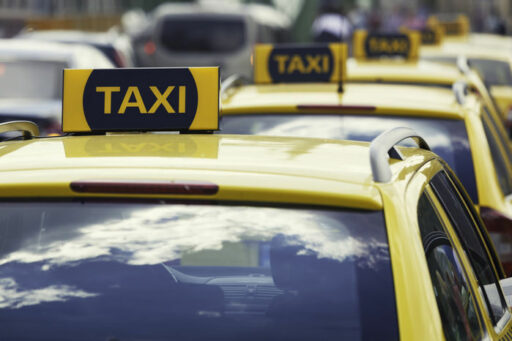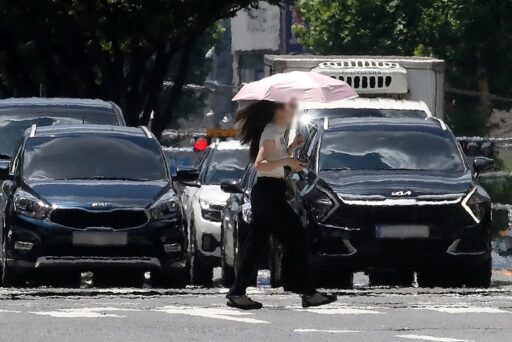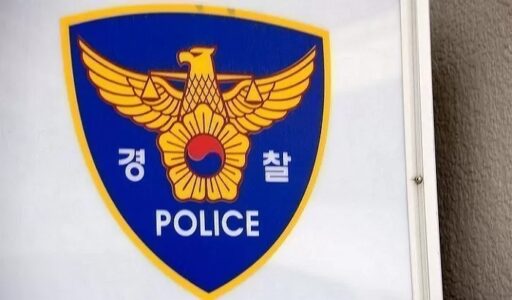Sri Lankan Migrant Worker Human Rights Violation Incident Follow-up
A Sri Lankan migrant worker, who was mocked by his South Korean colleagues while being tied to a forklift at a brick factory in Najueong, Jeonnam, is now facing a new crisis.
He had applied for a change of workplace, but if he cannot find a new job within 90 days, he may face forced deportation.
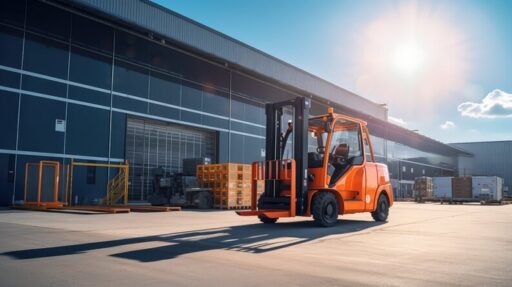
On the 25th, the Gwangju-Jeonnam Migrant Worker Human Rights Network and the Jeonnam Labor Rights Center reported that a 31-year-old Sri Lankan national, referred to as A, submitted a workplace change application to the Najueong Employment Welfare Center two days ago.
A entered South Korea through the Employment Permit System (E-9) last December, qualifying to stay in the country for up to three years. However, if he does not secure a new job within 90 days, he will lose his residency status.
The case of A, who is caught in the blind spot of migrant worker rights protection, clearly highlights the problems of the current employment permit system.
Blind Spot in Migrant Worker Rights Protection
To change workplaces, the permission of the employer is required. Fortunately, after the human rights violation incident, A was able to obtain consent through discussions with the management.
However, migrant workers face significant constraints in finding new jobs, as workplace changes are only possible within certain regions and industries.

Raising the Issue of Migrant Worker Rights Protection
The head of the Jeonnam Labor Rights Center stated, "It is not the fault of the migrant worker, but a social problem that occurred within the workplace. Even after applying for a change of workplace, they are pressured to leave the country," emphasizing that the current law does not protect the labor rights of migrant workers.
In this situation, the Ministry of Employment and Labor announced that it will actively assist A in finding a new job.
In a press release, the ministry explained, "We are actively providing job placement services, including designating dedicated personnel, to help the victimized worker quickly find employment at a new workplace."
It continued, "If suitable job opportunities are unavailable in the relevant area (after one month without placements), it is possible to facilitate placements in other regions outside of the metropolitan area," adding that they plan to actively assist in job placement by changing regions if finding a job becomes difficult.
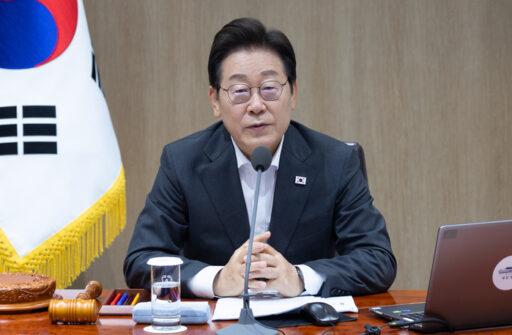
On February 26, A experienced a human rights violation when he was lifted for 30 minutes tied to a forklift while moving stacks of bricks at a brick factory in Najueong, Jeonnam.
A video recorded by a South Korean colleague captured mocking remarks such as “Did you do something wrong?” and “You should say you’re wrong,” along with laughter.
Despite enduring this harassment for five months, A ultimately sought help from a human rights organization.
Upon learning of the situation, President Lee Jae-myung stated, "It is an unacceptable act of violence against minorities and the weak, and a clear violation of human rights," directing related agencies, including the Ministry of Employment and Labor, to respond actively.
This incident serves as a reminder of the human rights violations and structural issues faced by migrant workers in South Korean society.
Image sources: Reference photos for understanding the article / gettyimagesbank, Lee Jae-myung, President / Office of the President
